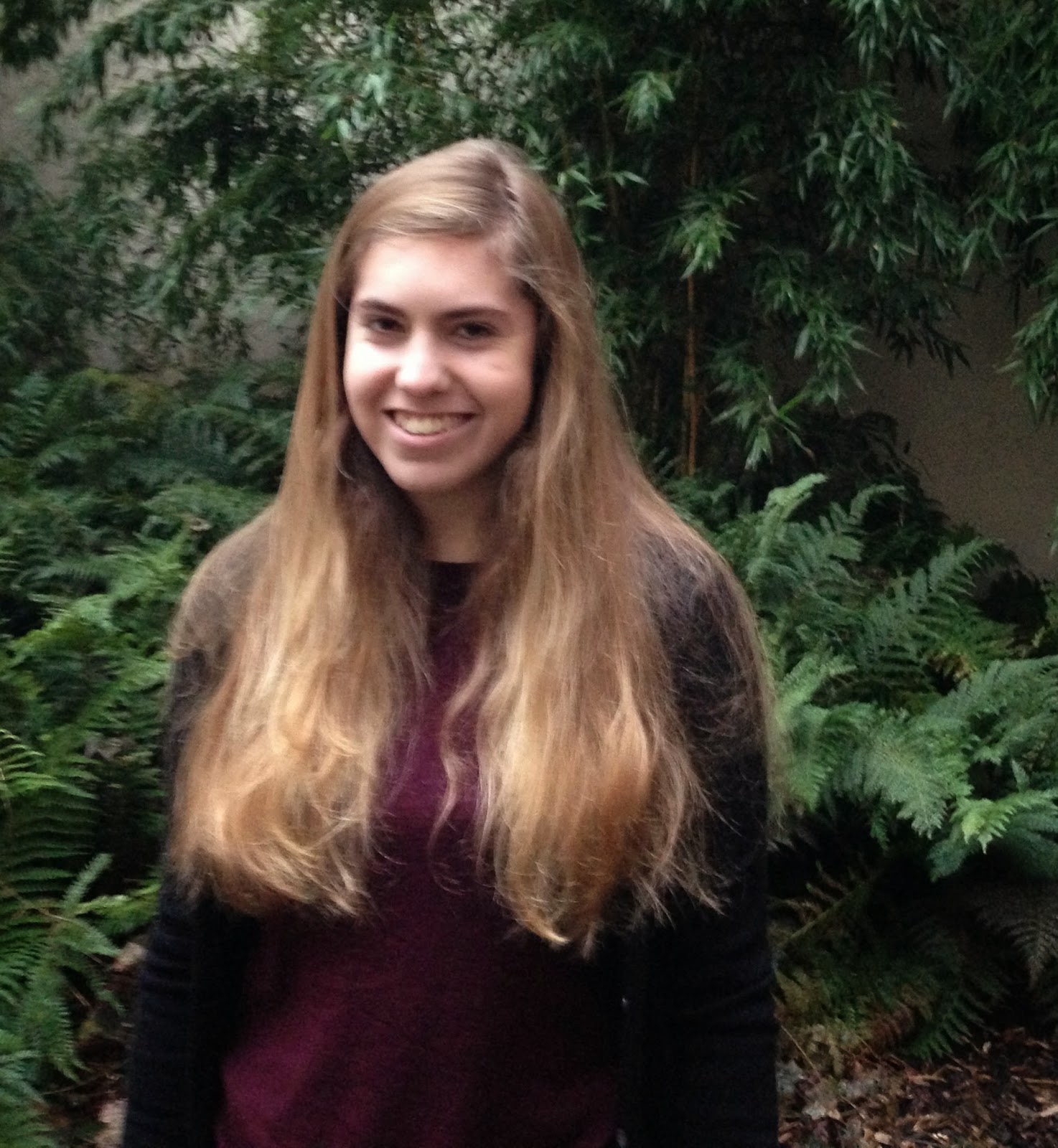- Public Policy
- Leadership
- Funding
- News & Events
- About the Center
Back to Top Nav
Back to Top Nav
Back to Top Nav
Back to Top Nav
Rockefeller Center-funded interns reflect on their experiences as part of our Notes from the Field series. The Rockefeller Center helps students find, fund, and prepare for a leave-term internship experience in public policy research, public policy analysis, issue evaluation, or activities which help shape and determine public policy.
 |
| Student Intern: Lauren Yeager '16 |
Internship Organization:
Centers for Disease Control and Prevention
How would you describe your employer in one paragraph? What’s the elevator pitch?
The overarching mission of the Centers for Disease Control and Prevention (CDC) is to promote the health security of the United States. My main station is the Emergency Operations Center (EOC), the purpose of which is to tackle every phase of a disease outbreak. When we are in the midst of a disease outbreak, as we are right now, the Center serves as the strategy command center. It monitors and coordinates all emergency activities, provides resources to all involved health centers, and serves as the central point of contact for all matters related to the outbreak. All those currently deployed to the EOC are considered part of the Ebola Task Force.
What are your specific responsibilities in the organization?
As the Guinea Liaison Officer for the Ebola Task Force International Assistance Team (IAT), I am the main communication channel between our doctors on the ground in Guinea, known as the Border Health Team, and leadership back here in Atlanta. I receive, edit, and compile daily situational reports from the Guinea Border Health Team; I lead biweekly country calls among the Guinea Border Health Team, Data Team, and IAT leadership; I arrange and assist pre-deployment meetings to brief our physicians before their deployments in Guinea; and, every two weeks, I compose the Guinea Country Report for publication to the World Health Organization, detailing all major updates on the Guinea response.
How did you feel on the first day of your internship?
The first day—the first week, really—of this internship was a challenge to my incredibly impatient nature. As CDC is a federal agency, security is tight. I spent the first week waiting for administration personnel to approve my papers and submit them to security. And I did little more than wait. CDC network access is required to do absolutely any work, so I was effectively useless during this time. I did get to thoroughly observe my coworkers and the general rhythm of the office during my 'down time,' though, which meant that I did not need much instruction once I was finally authorized to begin work.
What is your favorite part of the internship so far?
My contribution to the Ebola response lies in my constant communication with our medical officers in Guinea and to support the people who are doing the hands-on work there. I therefore have no direct involvement with Ebola-containment activities. Last weekend provided an exciting change of pace, then, when the Public Health Service medical officers returned from their Liberia deployment and it was my team’s responsibility to receive them, to arrange the necessary screenings, and to provide informational and counseling services. It was quite the event. Along with all 73 returning officers and Team Leads from multiple areas of the EOC, the US Surgeon General was also in attendance to welcome back these officers.
What challenges have you faced so far?
Having no choice but to be the least productive person in the room was frustrating during my first week. Therefore, I contacted the epidemiologist at the Division of Global Migration and Quarantine with whom I had been in contact before arriving to CDC, explained my situation to her, and asked that if she had any work at all that she would like an unpaid student intern to do for her to please let me know. Instead of giving me grunt work, she decided to start a research project with me. This made the rest of my first week considerably less dull.
Broadly speaking, what do you hope to achieve by the end of your internship?
My goal in interning at CDC was to get a comprehensive view of what it was to work in public health. My experiences so far in the world of health have been primarily clinical and based in research, but I knew little of what exactly went on at such larger operational structures as CDC. I could easily imagine what a career in medicine or research might look like, but one in health policy or epidemiology was much more difficult to visualize. I am now beginning to understand what diverse roles and projects support the overarching mission of improving health. I aim to use the rest of my time here to further this understanding.
What have been some practical lessons you've learned in the day-to-day life of your internship?
As someone who prefers to be constantly doing something productive during the working hours, I’ve seen the importance of assigning side-projects to myself to eliminate that down time. This is especially important when working in an organization with a lot of red tape. If you find that security and authorization requirements are limiting the extent to which you can be productive in the immediate time frame, initiating independent long-term projects may be the best way to contribute to your organization.